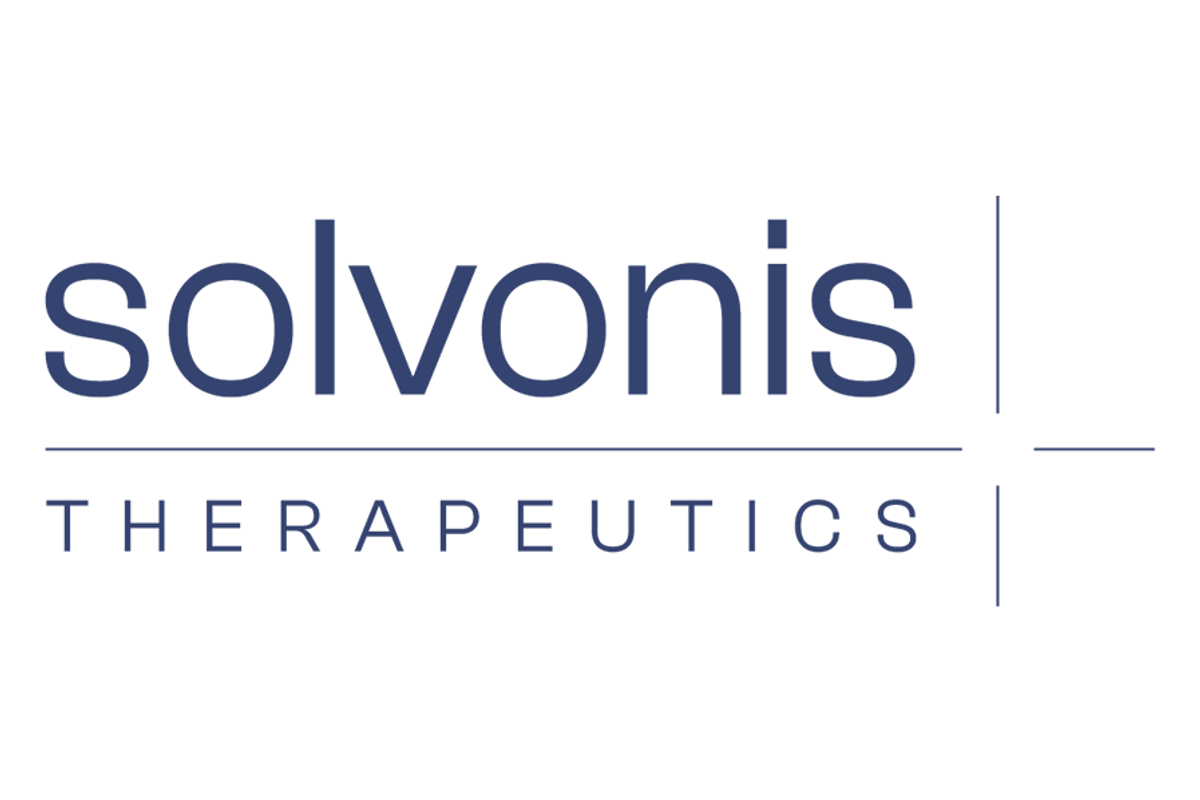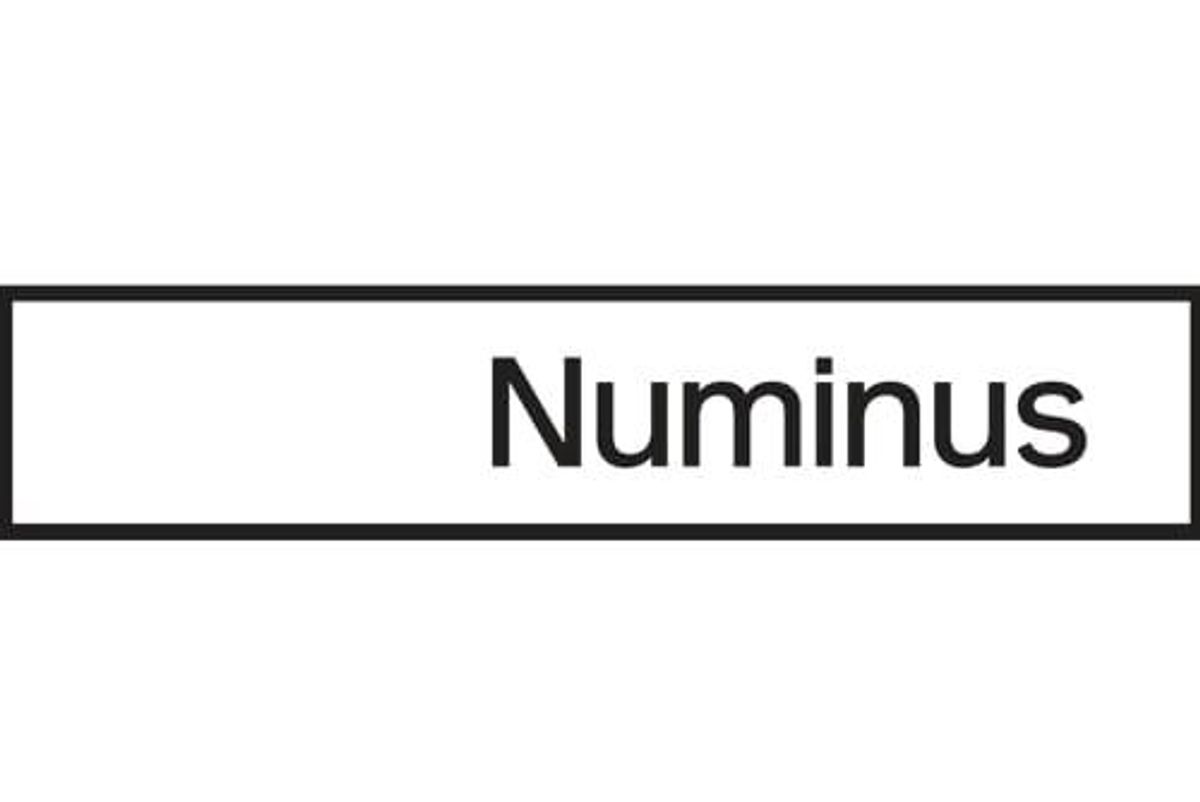Largest randomised, controlled, double-blind psilocybin therapy study ever completed
shows rapid and sustained response for patients receiving a single dose of COMP360 psilocybin
with psychological support
COMPASS management team to host an investor conference call today at 1.00pm UK (8.00am ET)
London, UK 9 November 2021 COMPASS Pathways plc (Nasdaq: CMPS) ("COMPASS"), a mental health care company dedicated to accelerating patient access to evidence-based innovation in mental health, today announced that its groundbreaking phase IIb clinical trial of COMP360 psilocybin therapy for treatment-resistant depression has achieved its primary endpoint for the highest dose, with a 25mg dose of COMP360 demonstrating a highly statistically significant and clinically relevant reduction in depressive symptom severity after three weeks, with a rapid and durable treatment response*.
In the randomised, controlled, double-blind trial, a single dose of investigational COMP360 psilocybin was given to 233 patients in conjunction with psychological support from specially trained therapists. All patients discontinued antidepressants prior to participation. The trial was powered to compare two active doses of COMP360, 25mg and 10mg, against a comparator 1mg dose. The 25mg group vs the 1mg group showed a -6.6 difference on the MADRS* depression scale at week 3 (p
At least twice the number of patients in the 25mg group showed response and remission* at week 3 and week 12, compared with the 1mg group. The protocol-defined sustained response* up to week 12 was double, with 20.3% of patients in the 25mg group vs 10.1% in the 1mg group. Using a definition of sustained response* that is consistent with other TRD studies, the difference was more than double, with 24.1% of patients in the 25mg group vs 10.1% in the 1mg group.
COMP360 was generally well tolerated, with more than 90% of treatment-emergent adverse events (TEAEs) being mild or moderate in severity. 179 patients reported at least one TEAE; the most common TEAEs across treatment groups (>10% overall incidence) were headache, nausea, fatigue and insomnia. There were 12 patients who reported treatment-emergent serious adverse events (TESAEs). These TESAEs included suicidal behaviour, intentional self-injury, and suicidal ideation, which are regularly observed in a treatment-resistant depression patient population, and which occurred more frequently in the 25mg group than in the 10mg or 1 mg groups. Overall, 209 patients completed the study; there were five withdrawals from the 25mg group, nine from the 10mg, and 10 from the 1mg.
This randomised, controlled, multicentre, double-blind phase IIb trial is the largest psilocybin therapy clinical trial ever conducted, with 233 patients from 10 countries in North America and Europe. 94% of the patients had no prior experience with psilocybin. The objective of the trial was to find the appropriate dose for a larger, pivotal phase III programme, which COMPASS expects to begin in 2022.
Depression that isn't helped after two or more adequate antidepressive treatments is referred to as treatment-resistant depression (TRD)1,2. More than 100 million people worldwide are affected by TRD 1 , 2 , and as many as 30% of these attempt suicide at least once during their lifetime 3 , 4 . The TRD population is by definition more difficult to treat and more likely to relapse than patients with major depressive disorder. In 2018, COMPASS received FDA Breakthrough Therapy designation for its COMP360 psilocybin therapy for TRD.
George Goldsmith, CEO and Co-founder, COMPASS Pathways, said: "No one is untouched by the mental health crisis – everyone has a story. We urgently need options for people who are not helped by existing therapies. We set out to explore the safety and efficacy of COMP360 psilocybin therapy in treatment-resistant depression, through a rigorous and large-scale trial, and to find an appropriate dose to take to the next stage. I am delighted that we have succeeded in doing this. We have demonstrated our ability to execute an innovative, multicentre, multinational clinical trial programme – and in the midst of a global pandemic. Our work follows the efforts and achievements of so many researchers before us, and we are grateful to all of them and for the opportunity to work with the mental health care community to transform patient experience and patient outcomes. With our world-leading psychedelic research over the last few years, we have now created a unique and extensive data lake; this provides an unprecedented opportunity to further evaluate and optimise psilocybin therapy for patients suffering with serious mental health illness. With these compelling data, we will urgently progress our clinical development programme and move closer to making this therapy accessible to patients in need, if approved."
Key findings:
- COMP360 25mg vs 1mg: a difference of -6.6 points in change from baseline in MADRS total scores at week 3 (p
- COMP360 10mg vs 1mg: a non-statistically significant numerical treatment difference of -2.5 points at week 3 (p=0.184)
- At least double the number of MADRS responders, remitters, and sustained responders with 25mg vs 1mg; rapid response and remission from day 2 to week 3
- 36.7% (29 patients) in 25mg group showed response at week 3, compared with 17.7% (14 patients) in 1mg group
- 29.1% (23 patients) in 25mg group were in remission at week 3, compared with 7.6% (6 patients) in 1mg group
- 24.1% (19 patients) in 25mg group were sustained responders at week 12, compared with 10.1% (8 patients) in 1mg group
- COMP360 was generally well tolerated, with more than 90% of treatment-emergent adverse events (TEAEs) mild or moderate in severity
- Treatment-emergent adverse event (TEAE) incidence
- 83.5% (66 patients) in 25mg group
- 74.7% (56 patients) in 10 mg group
- 72.2% (57 patients) in 1 mg group
- Treatment-emergency serious adverse event (TESAE) incidence
- 6.3% (5 patients) in 25mg group
- 8.0% (6 patients) in 10 mg group
- 1.3% (1 patient) in 1mg group
David J Hellerstein MD, a Principal Investigator on the trial and Professor of Clinical Psychiatry at the Columbia University Irving Medical Center, said: "Treatment-resistant depression is a common and devastating condition, affecting tens of millions of people, with few effective treatments. This is the largest modern study of a psychedelic drug, combined with psychological support, enrolling over 200 people with TRD. In this groundbreaking study, a single dose of psilocybin, given in conjunction with psychological support, generated a rapid response that lasted up to 12 weeks. Remission rates appear to be higher than seen in traditional medication studies. We now have evidence from a large well-designed trial that psilocybin may be effective for people with treatment-resistant major depressive disorder. These findings suggest that COMP360 psilocybin therapy could play a major role in psychiatric care, if approved."
Michael Pollock, CEO at the Depression and Bipolar Support Alliance (DBSA), said: "Many people suffering with severe forms of depression find that existing treatments don't work for them. We support any attempt to investigate alternative therapies. The approach of cycling through drugs that aren't working is inadequate for anyone who is living with a mental health condition and disheartening for the family members and healthcare professionals who care for them. The results seen from this study are an early indicator of hope for those who are desperately in need of help."
Robin Carhart-Harris PhD, Director of the Psychedelics Division at the Weill Institute for Neurosciences at the University of California San Francisco, and Ralph Metzner Distinguished Professor of Neurology, Psychiatry and Behavioral Sciences, said: "This is an important and exciting moment for the mental health care community. It builds upon more than two decades of research into the viability of psychedelic compounds to treat mental health conditions and demonstrates the potential it has in helping people living with treatment-resistant depression. It's encouraging to see how far this field has progressed in the last 20 years and I look forward to further research."
In addition to this topline data, COMPASS is conducting comprehensive secondary analyses which are expected to further inform the clinical development programme for COMP360 psilocybin therapy. In the meantime, this promising topline data will be shared in an expeditious manner with regulators as part of an ongoing dialogue.
-Ends-
Notes to editors:
Conference call
The COMPASS management team will host a conference call at 1:00pm UK (8.00am ET) on 9 November. The call can be accessed by dialing (833) 665-0659 from the United States, +1 (914) 987-7313 internationally, and 0800 028 8438 from the UK, followed by the conference ID: 34908054.
The call will also be webcast on the Investors section of the COMPASS Pathways website. The webcast will be archived for 30 days.
About treatment-resistant depression (TRD)
More than 320 million people globally suffer with major depressive disorder (MDD) 5 , the leading cause of disability worldwide and one of the fastest growing mental health illnesses 6 . About a third of these patients - 100 million people - aren't helped by existing therapies and suffer with treatment-resistant depression (TRD) 7 . TRD carries two to three times the medical costs of a non-TRD MDD patient, and patients with TRD have a higher all-cause mortality compared with non-TRD MDD patients 8 .
About the COMP360 psilocybin therapy phase IIb study
The phase IIb study was a dose-finding study, assessing the safety and efficacy of COMP360 psilocybin therapy at three doses: 1mg, 10mg, 25mg. A total of 233 patients enrolled in the study and were randomised and blinded into three arms comprising 79 patients for each of the 25mg and 1mg doses, and 75 patients for the 10mg dose. Patients were followed up for 12 weeks. The trial used the Montgomery-Åsberg depression rating scale (MADRS), a widely used and accepted scale for assessing depression; assessments were made by an independent, blinded rater. The primary endpoint is the change in the MADRS total score from baseline to week 3.
About COMPASS Pathways
COMPASS Pathways plc (Nasdaq: CMPS) is a mental health care company dedicated to accelerating patient access to evidence-based innovation in mental health. Our focus is on improving the lives of those who are suffering with mental health challenges and who are not helped by current treatments. We are pioneering the development of a new model of psilocybin therapy, in which our proprietary formulation of synthetic psilocybin, COMP360, is administered in conjunction with psychological support. COMP360 has been designated a Breakthrough Therapy by the US Food and Drug Administration (FDA), for treatment-resistant depression (TRD), and we have completed a phase IIb clinical trial of psilocybin therapy for TRD, in 22 sites across Europe and North America. We are headquartered in London, UK, with offices in New York and San Francisco in the US. Our vision is a world of mental wellbeing. www.compasspathways.com
Availability of other information about COMPASS Pathways
Investors and others should note that we communicate with our investors and the public using our website (www.compasspathways.com), our investor relations website (ir.compasspathways.com), and on social media (LinkedIn), including but not limited to investor presentations and investor fact sheets, US Securities and Exchange Commission filings, press releases, public conference calls and webcasts. The information that we post on these channels and websites could be deemed to be material information. As a result, we encourage investors, the media, and others interested in us to review the information that is posted on these channels, including the investor relations website, on a regular basis. This list of channels may be updated from time to time on our investor relations website and may include additional social media channels. The contents of our website or these channels, or any other website that may be accessed from our website or these channels, shall not be deemed incorporated by reference in any filing under the Securities Act of 1933.
Forward-looking statements
This press release contains forward-looking statements within the meaning of the Private Securities Litigation Reform Act of 1995, as amended. In some cases, forward-looking statements can be identified by terminology such as "may", "might", "will", "could", "would", "should", "expect", "intend", "plan", "objective", "anticipate", "believe", "contemplate", "estimate", "predict", "potential", "continue" and "ongoing," or the negative of these terms or other comparable terminology, although not all forward-looking statements contain these words. Forward-looking statements include express or implied statements relating to, among other things, the safety or efficacy of COMP360 psilocybin therapy as a treatment for depression, COMPASS's expectations for the timing of its pivotal phase III programme and the potential for that or other trials to support regulatory filings and approvals, COMPASS's business strategy and goals, the future accessibility of COMP360 psilocybin therapy, COMPASS's ability to continue to advance its research, including COMP360, COMPASS's expectations regarding the benefits of its psilocybin therapy, including COMP360 and COMPASS's ability to advance new psychedelic compounds in other areas of unmet mental health need. The forward-looking statements in this press release are neither promises nor guarantees, and you should not place undue reliance on these forward-looking statements because they involve known and unknown risks, uncertainties, and other factors, many of which are beyond COMPASS's control and which could cause actual results, levels of activity, performance or achievements to differ materially from those expressed or implied by these forward-looking statements.
These risks, uncertainties, and other factors include, among others: preclinical research and clinical development is lengthy and uncertain, and therefore our preclinical studies and clinical trials may be delayed or terminated, or may never advance to or in the clinic; and those risks and uncertainties described under the heading "Risk Factors" in COMPASS's annual report on Form 20-F filed with the US Securities and Exchange Commission (SEC) on 9 March 2021 and in subsequent filings made by COMPASS with the SEC, which are available on the SEC's website at www.sec.gov. Except as required by law, COMPASS disclaims any intention or responsibility for updating or revising any forward-looking statements contained in this press release in the event of new information, future developments or otherwise. These forward-looking statements are based on COMPASS's current expectations and speak only as of the date hereof.
Enquiries
Media: Tracy Cheung, tracy@compasspathways.com, +44 7966 309024
Investors: Stephen Schultz, stephen.schultz@compasspathways.com, +1 401 290 7324
1
*Notes: MADRS = Montgomery-Åsberg Depression Rating Scale; response = ≥50% decrease in MADRS total score from baseline; remission = MADRS total score ≤10; protocol-defined sustained response = patients meeting the MADRS response criteria from week 3 until week 12; sustained response = patients meeting the MADRS response criteria at week 3 and at week 12, and at least at one visit out of week 6 and week 9
1 WHO (2017). Depression and Other Common Mental Disorders Global Health Estimates [Online]. Available at: https://apps.who.int/iris/bitstream/handle/10665/254610/WHO-MSD-MER-2017.2-eng.pdf
2 Al-Harbi KS. Treatment-resistant depression: therapeutic trends, challenges, and future directions. Patient Preference and Adherence. 2012; 6: 369–388
3 Bergfeld IO, Mantione M, Figee M, Schuurman PR, Lok A, Denys D. Treatment-resistant depression and suicidality. Journal of Affective Disorders. 2018;235:362-367
4 Dong M, Lu L, Zhang L, et al. Prevalence of suicide attempts in bipolar disorder: a systematic review and meta-analysis of observational studies. Epidemiology and Psychiatric Sciences. 2020;29:e63
5 WHO (2017). Depression and Other Common Mental Disorders Global Health Estimates [Online]. Available at: https://apps.who.int/iris/bitstream/handle/10665/254610/WHO-MSD-MER-2017.2-eng.pdf [Accessed 21 October 2021]
6 WHO (2012). Depression: A Global Crisis [Online]. Available at: https://www.who.int/mental_health/management/depression/wfmh_paper_depression_wmhd_2012.pdf [Accessed 21 October 2021]
7 Al-Harbi KS. Treatment-resistant depression: therapeutic trends, challenges, and future directions. Patient Preference and Adherence. 2012; 6: 369–388.
8 Gang L, Fife D, Wong G, Sheehan JJ, et al. All-cause mortality in patients with treatment-resistant depression: a cohort study in the US population. Annuals of General Psychiatry. 2019; 18:23.
Attachments



